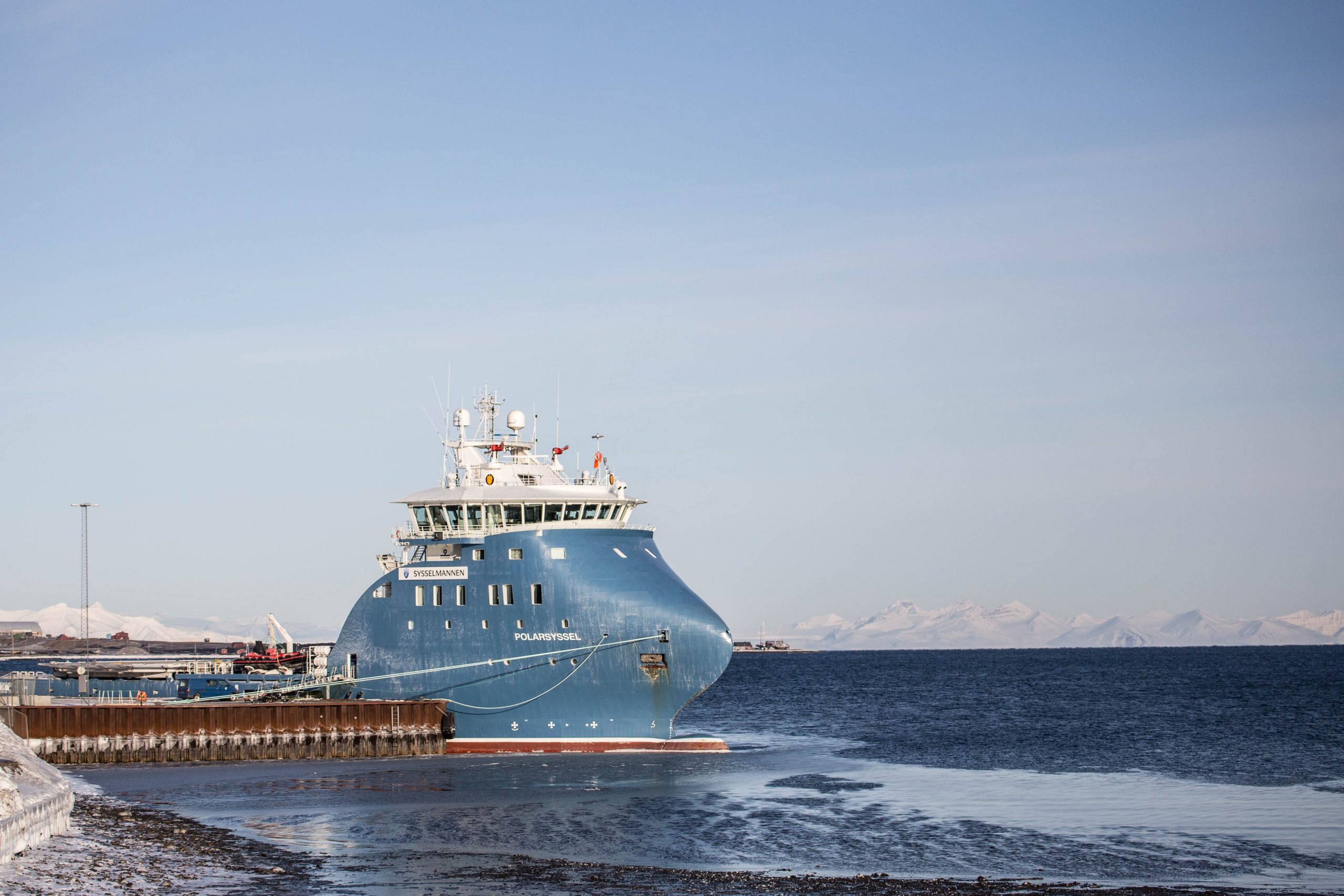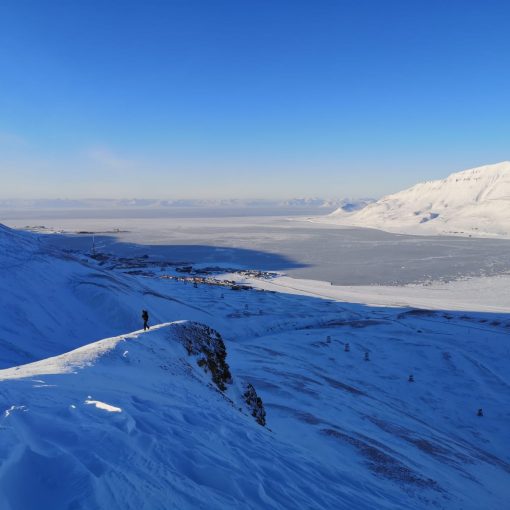The past few weeks have been spent getting an overview of the remaining tasks and how to complete these within the allocated timeframe. Unfortunately, there have been a few changes due to Corona and the sampling event scheduled in May has had to be postponed mostly because of planning, social distancing and quarantine restrictions. Participating in the sampling would have been an excellent opportunity to utilize and expand classroom-taught biological knowledge, however the theoretical skills gained throughout the internship process have most likely been just as useful. These include learning about the fjord systems in Svalbard, how anthropogenic impact influence marine arctic ecosystems, writing project proposals, evaluating tenders, getting a thorough understanding of arctic environmental management and why interdisciplinary cooperation between the local government, policy makers, UNIS and the Governor is important – and how it works in practice.
Overall, the internship has been a good learning experience, potentially for all three parties involved, and in situations like these flexibility and communication skills are key for a successful outcome. Implementing the strategy of “learning-by-doing” gives the intern the possibility of obtaining new knowledge and skills not readily acquired in a classroom setting, and showcases the different processes and workflows that are typical for the host company. By combining observation, cooperation, supervision and practical work, the intern has had the possibility to discover professional abilities and skills needed as a biologist.
The supplementation lectures at UNIS were adjusted to the needs of the students, which was a huge plus, and has additionally given the students the opportunity to somewhat steer the direction of the course. For the intern/host relation, it was sometimes a challenge to combine an ever changing class schedule with a weekly work schedule, but we managed to work around this and find solutions that fit everyone nicely.
Photo by: James Padolsey





